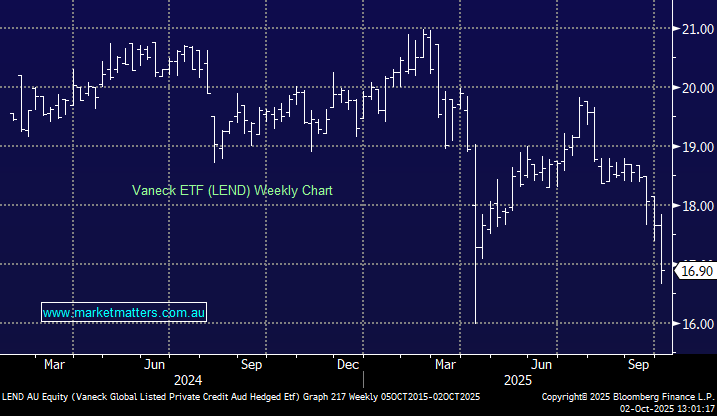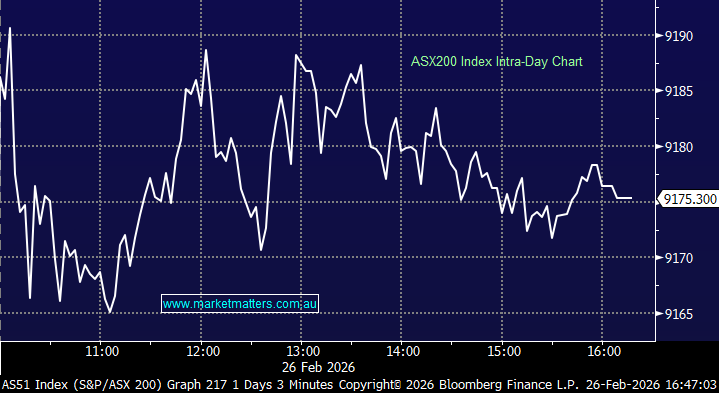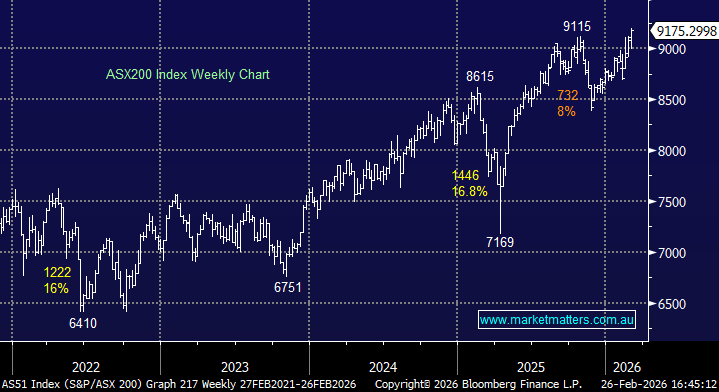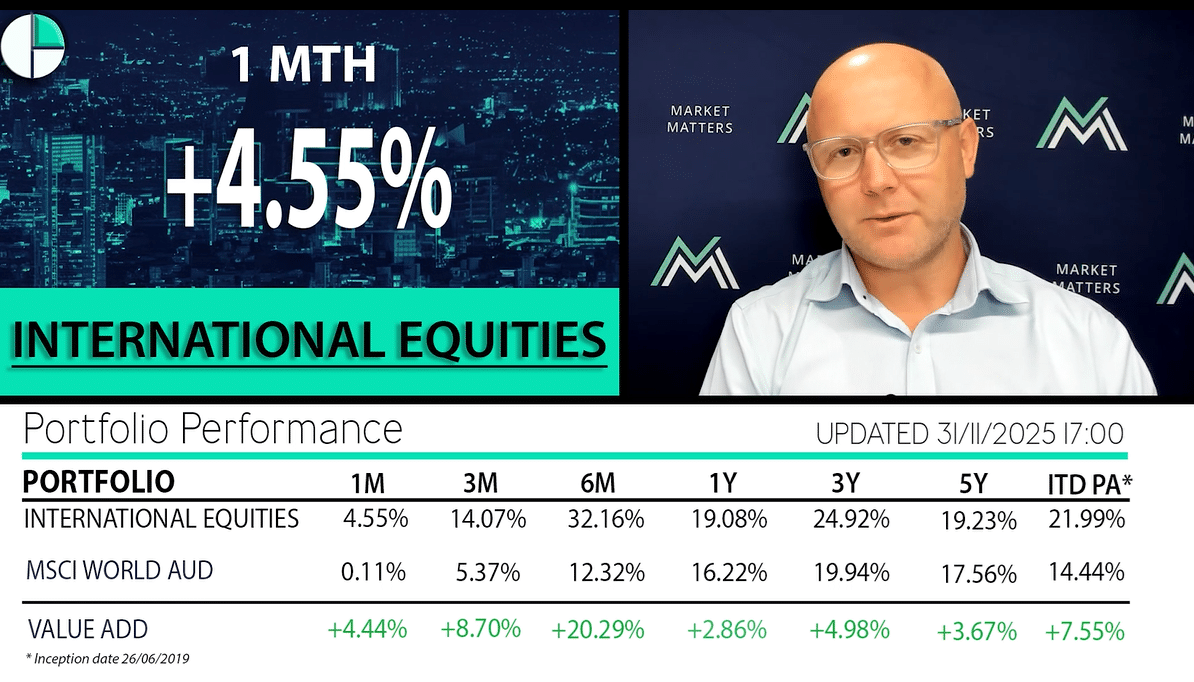Hi Brian,
The LEND ETF has paid an unfranked ~11% yield over the last 12-months, while outperforming its benchmark: it’s down 3.13% compared to the Reference Index which is down 4.4%.
NB The Reference Index is made up of the 25 largest global listed private credit companies.
Private credit refers to non-bank lending to companies, loans made by private institutions like investment funds (not traditional banks), often to mid-sized or non-investment-grade businesses. It’s typically illiquid, less regulated, and offers higher yields than public debt to compensate for risk and lack of transparency – hence the 11% return. However, the ETF is down in 2025, leaving investors net behind in a strong bull market i.e. far from ideal.
Lower interest rates should support the value of the ETF’s underlying assets, but most loans are floating, linked to bank bills. Lower rates = lower returns from private credit. We also think this area has become a lot more competive, and borrowers are now enjoying a greater pool of lenders, reducing returns (for lenders) – and thus investors in private credit.
Sorry we didn’t come back and cover LEND earlier, however, if investing in private credit, we prefer to have a good understanding of the manager, their track record, and keep a close handle on the dynamics of their portfolio as it evolves, by meeting/monitoring them closely – we do this with the private credit exposure we have in the Income Portfolio – MA Financial (MA1), just like we did with Metrics (MXT), which we sold out of a few years ago when we saw the composition of their portfolio changing (increased risk). There are plenty of risks in private credit that investors should remain conscious of.


















